- Home
- slideshows
- miscellaneous
- How to change or cancel flights as coronavirus and travel restrictions cripple the airline industry
How to change or cancel flights as coronavirus and travel restrictions cripple the airline industry
All three major US airlines operating transatlantic and transpacific routes are waiving change and cancel fees for travel to all of Europe and Asia.

Most US airlines are waiving cancel and/or change fees for flights to any destination.
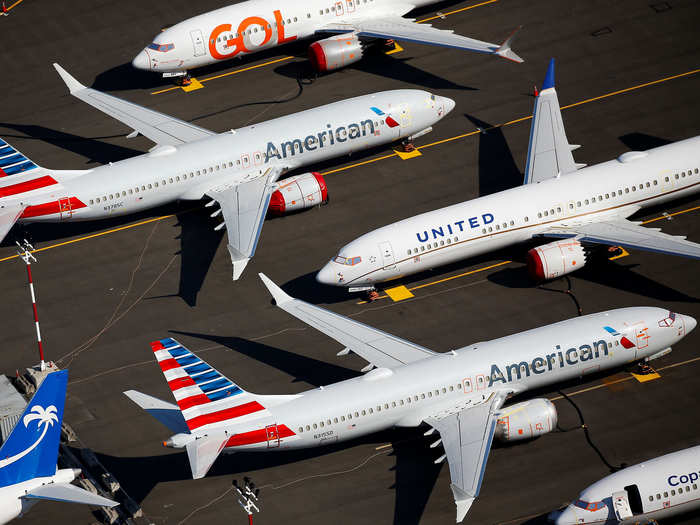
In addition to American, Delta, and United, all major US airlines adjusted their policies to allow flyers to book or cancel flights.
JetBlue, Alaska Airlines, Allegiant Air, Spirit Airlines, Frontier Airlines, Hawaiian Airlines, and Sun Country Airlines have all issued flexible travel policies to allow for changes.
- Alaska Airlines is allowing passengers with existing bookings prior to March 9 for travel up until April 30 to change or cancel without a fee.
- Allegiant Air is allowing a one-time flight change for existing bookings.
- Frontier Airlines is allowing passengers with existing bookings prior to March 10 to change or cancel without a fee until April 30.
- Hawaiian Airlines is allowing passengers with existing bookings from March 1 to April 30 to change or cancel without a fee.
- JetBlue is waiving change and cancel fees for passengers with existing bookings from March 9 to April 30.
- Sun Country Airlines is waiving change and cancel fees for existing bookings for travel up until April 15.
While the fee to change or cancel is being waived, travelers will still have to pay the fare difference in most cases for the flights they choose to rebook to.
Southwest Airlines doesn't charge change fees for any of its flights.
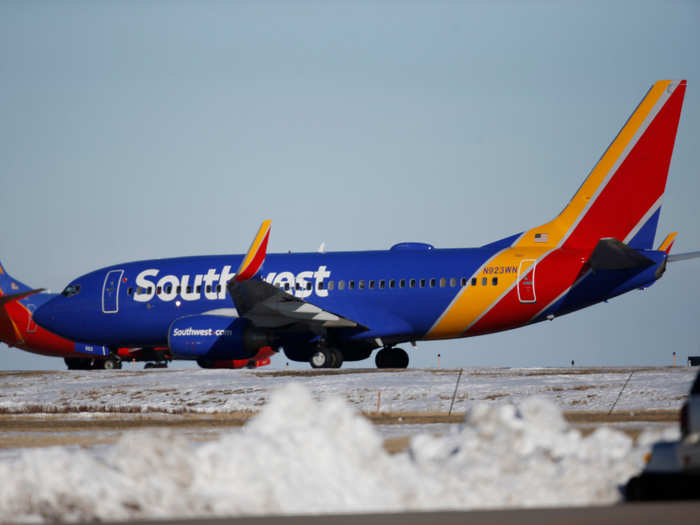
Southwest Airlines hasn't issued a travel waiver as all of its flights can be changed or canceled without incurring a fee. The Dallas, Texas-based low-cost airline is the only major airline in the US to offer the policy.
Changes made, however, do incur a fare difference and those canceling their bookings without holding refundable tickets have the funds go into a travel bank.
There's a big difference between canceling and getting a refund.
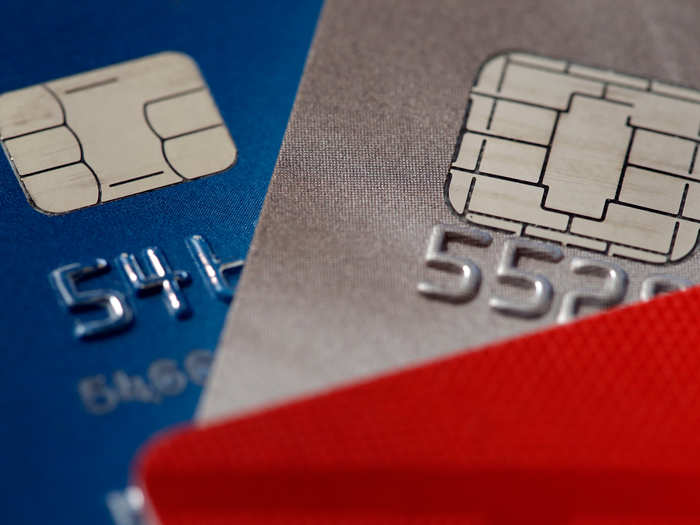
Just because an airline is canceling a ticket, does not mean that travelers will get their money back. Most airline tickets are non-refundable meaning that even if the ticket is canceled, the airline will likely not give the money back to the customer unless certain conditions are met.
The policy is in place to prevent unnecessary bookings as well as prevent the airlines from losing money in the event of a mass cancellation event such as a pandemic. Airlines will instead keep the funds and allow them to be used on a future booking, encouraging customers to rebook for a later date and still fly with the airline.
If airlines allowed for refunds during the COVID-19 pandemic, they would lose millions with no guarantee that passengers would rebook especially since the demand for travel is plummeting.
If an airline cancels a flight or drastically changes a flight's schedule, customers are entitled to a refund.
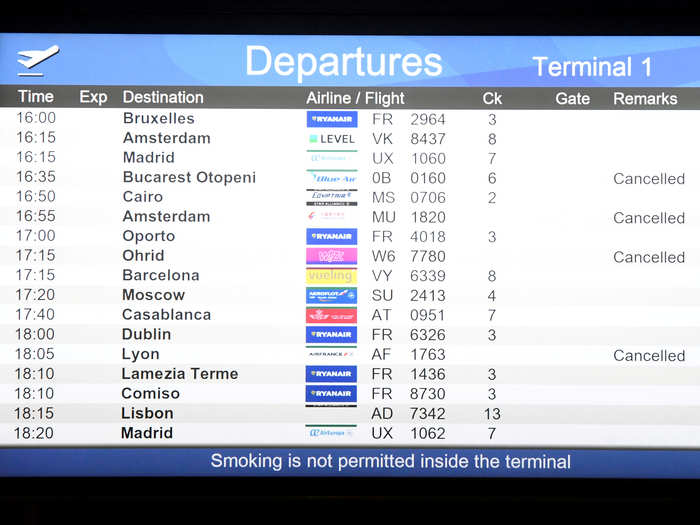
Although airlines are encouraging passengers to change or cancel their flights due to the spread of COVID-19, travelers won't assuredly get their money back unless the flight itself canceled or its departure time is changed. Each airline is different and may issue a refund based on extenuating circumstances but the rule is that non-refundable tickets aren't likely to be refunded unless an airline-initiated flight cancellation or schedule change occurs.
For most major US airlines, a schedule change of an hour or two can be grounds for a refund. United was recently under fire for changing its refund policy for schedule changes from two hours to 25 hours, though it eventually brought the threshold down to six hours.
Standard travel insurance policies likely won't cover coronavirus.
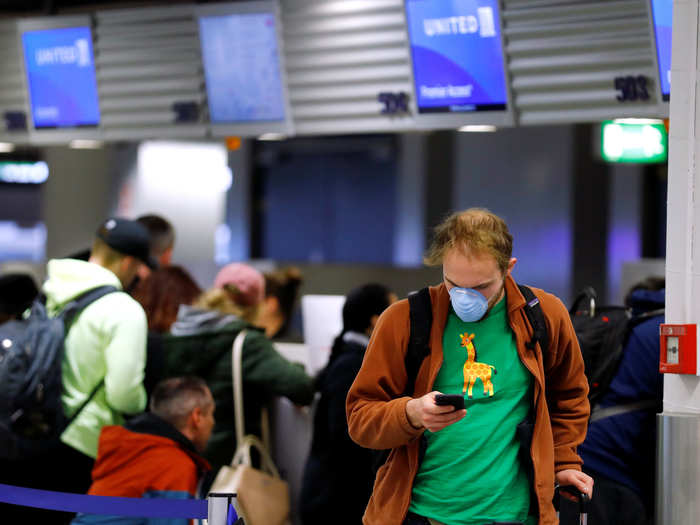
According to industry analyst for CreditCards.com Ted Rossman, the regular policies that travelers can buy from their airlines won't cover claims that cite coronavirus as the reason for cancellation.
"The only travel insurance that would be helpful in that scenario is when you pay extra for a 'cancel for any reason' plan," Rossman told Business Insider's David Slotnick. "If you're just canceling out of fear of traveling and getting sick, that's not a good enough reason."
Some policyholders who get sick before travel or having a compromised immune system may be able to successfully file a claim, but would likely require documentation from a doctor.
Credit card companies offering cards with built-in travel insurance have also said coronavirus is not a reason to file a claim.
Social media and airline websites and mobile apps can be used to change or cancel flights if waiting on hold isn't an option.
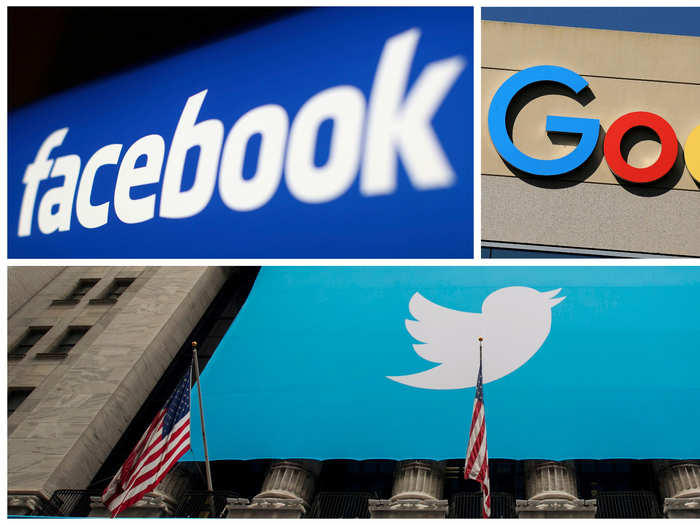
With the influx of calls to change or cancel travel, wait times for airlines have been exceeding normal lengths and it can take hours to get an agent on the phone. Most bookings can be changed or canceled online via the airline's website but for those who require special assistance and can't wait multiple hours on hold, social media offers another option.
Airlines can assist with most booking changes or cancellations via their Twitter accounts over direct message. Wait times may be similarly long but travelers won't have to wait on hold to reach an agent.
For international airlines without US phone numbers, social media may be the best way to get in contact with an airline. Some airlines also offer a live chat function on their websites for easy access to an agent, though wait times similarly may vary.
Popular Right Now
Popular Keywords
Advertisement